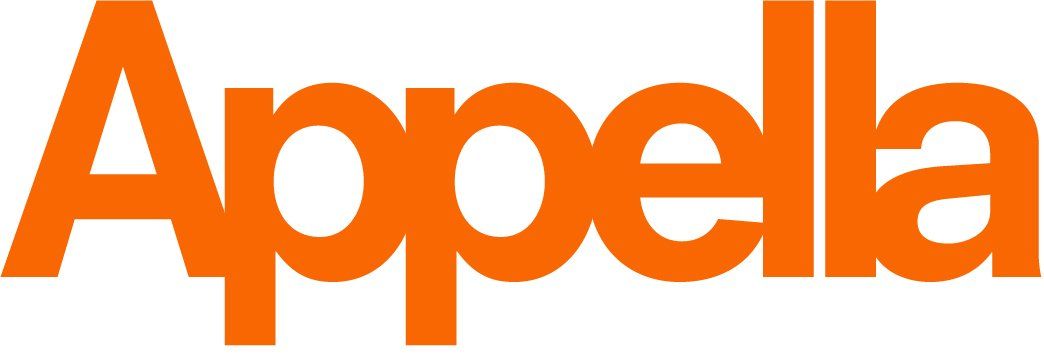OYSTER CASE STUDY
BACKGROUND
Transport for London (TfL) and the supplier consortium Transys (comprising for example Electronic Data Systems and Cubic Transportation Systems) were from the late 1990s developing a contactless card-based ticketing system, primarily to reduce queues at ticket offices and speed up traffic through ticket gates and when boarding buses.
PROJECT
TfL tasked Saatchi & Saatchi with the brand design. Andrew McCrum was given the brief to find a name for the new smartcard.
A much pared down process saw the tonal gauge set midway between serious and light-hearted. Language types and style reflected a preference for the inspirational and relatively adventurous. Names were created based on these parameters and the brand criteria of ‘access, travel and value.’ There was also the critical consideration of how well the name could apply to an object as small as a smart card. The competitor set was limited to the Octopus card in Hong Kong, a fact that influenced all our decision-making.
A shortlist, which included Gem and Pulse, was compiled but it wasn’t until a relatively underused part of the linguistic analysis was applied that the decision-makers at TfL made the call to take Oyster forward.
Linguistic Brand Profiling is a method of name analysis which assigns numerical values to all the words and affixes stored in our mental lexicon which have any similarity to the target word, the word under analysis. The value assigned to these neighbourhood words depends on how common or rare the word is. Neighbourhood words are triggered and accessed by their phonetic and visual similarity to the target word. The degree of interference a target word receives from neighbourhood words will influence its ‘Integrity Value’. For example, petroleum company Murco has strong negative influence from words such as murk, murky and murder, with remoter neighbours like mercy to even things up, so has a low Integrity Value. Oyster has strong integrity with no close neighbourhood words: only Oy! and the somewhat, but not wholly, negative ‘–ster’ suffix.
A strong Integrity Value coupled with its smooth run through trademark checks proved decisive in the choice of Oyster above the names in the shortlist.
